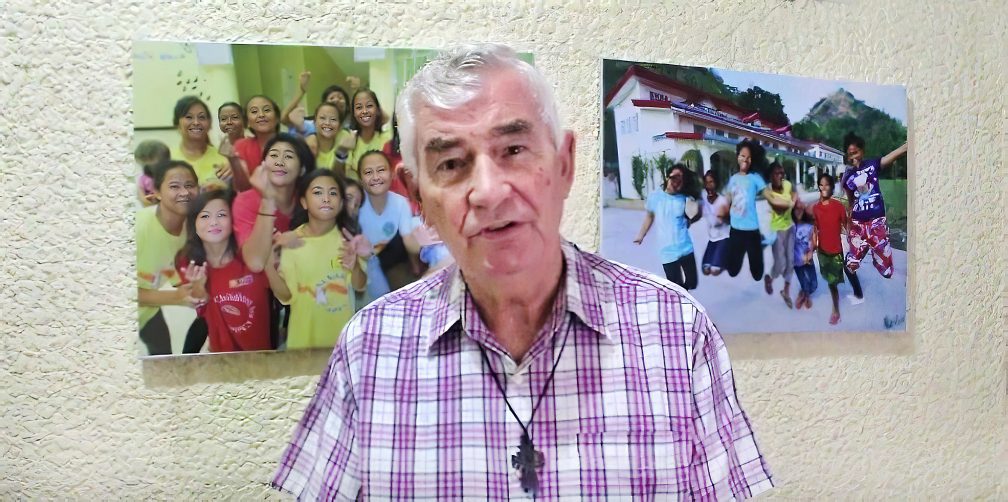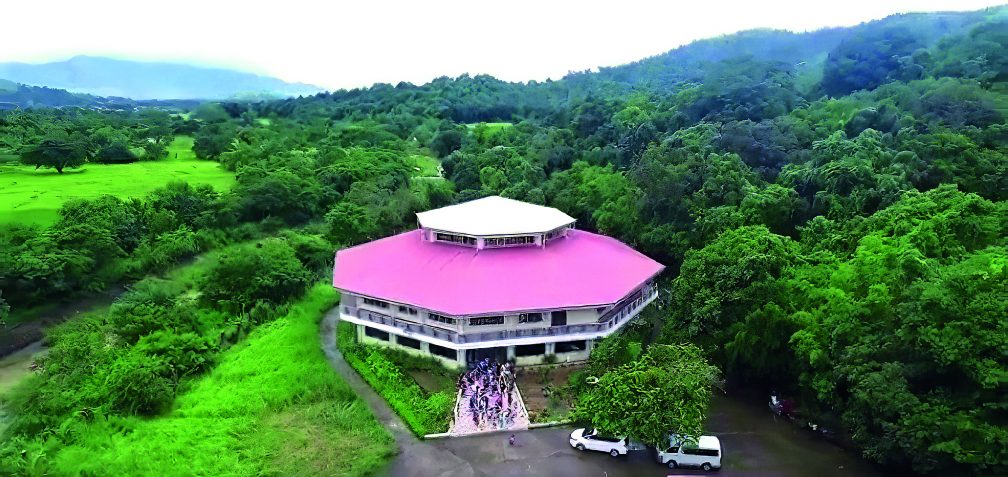Human trafficking and child sexual abuse are still thriving in the Philippines. Online sexual abuse of children is everywhere, it seems, and more has to be done by the telecommunication corporations to stop it. This heinous crime against small children, to satisfy the depraved lust of foreign paedophiles, is abhorrent. Shame on all who allow it to happen with impunity.
The Philippines has become a hub for such crimes. The National Bureau of Investigations (NBI) in Olongapo and Manila rescued 18 women and children and arrested three human traffickers recently. In Angeles City in November, two children were rescued and two pimps, both minors, were arrested and turned over to the social workers. A US national, Nicholas Pyant, was arrested by the Philippine National Police in a room with children and is due to be charged with sexual assault and the rape of young children. Pyant was under surveillance for weeks and is allegedly a known child predator.
In Barrio Baretto in Olongapo City minors are brought to sex hotels to be sold as sex slaves to paedophiles. The sex industry exists for the sexual gratification of paedophiles, foreign sex tourists and rich locals. It earns huge profits for the foreign and local owners of these sex bars and hotels.
Preda Foundation’s social workers are very active in intelligence gathering. They provided vital information and assisted in the recent rescue of trafficked women and minors in the Barretto night club district. The four minors were referred to the Preda Home for Girls where they are safe from the sex mafia and the families of the human traffickers. At the Preda home, they receive full support, affirmation, counselling, emotional release therapy and education as well as values-formation to prepare them to have a normal, happy life.
The Preda home will assist the minors in bringing charges against their abusers and traffickers. Together, we win several convictions of traffickers and child rapists every year. In 2018, we had 18 convictions. In 2019 we helped the children win 20 convictions leading to life sentences. Last year, 13 convictions were secured. There would be more but due to the pandemic the courts were closed.
Fighting for justice is a very important healing therapy for the children who testify in court what their abusers did to them. Most victims/survivors are teenagers, but some victims are just three years old. They can feel secure knowing that their traffickers and rapists are behind bars and can abuse no more children. Some of the teenage child victims of human trafficking also want to be advocates for children’s rights and to speak out. They volunteer and sign up to be children’s rights advocates, a brave and courageous action to take. While we adults do everything to protect their identity, we cannot stop them from exercising their human and civil rights to speak out against human trafficking and advocate children’s rights. The #MeToo movement is a way for women and children to fight for justice and many young survivors want to be part of it.
It is adults that allow the sexual exploitation of children in the first place. The horrific child sex abuse business that is a scourge today in the Philippines is due to the former presence of the US Naval Base at Subic Bay, Olongapo City. Thousands of women and children were exploited and abused in hundreds of sex bars catering to the US Navy personnel. It was a wonderland of sex abuse. Paedophiles flocked there and the sex mafi a systematically and efficiently allowed them to sexually exploit, rape and abuse children. The local authorities allowed it and the rich made millions of dollars.
In 1983, I discovered a child sex abuse syndicate selling children as young as nine years old to US sailors. I broke that story in the media and instead of being recognised for taking a stand for justice and truth and child protection, I was vilified by local government officials at the time. I was brought to trial at the Bureau of Immigration to be deported. The charge was that my child protection work and writing was bringing Olongapo City and its officials into disrepute. They felt I was blaming them for the child sex industry. They denied all responsibility despite a high-profile military court case in Guam that brought a US officer to trial for child sexual abuse in Olongapo City. A sad state of affairs indeed.
That’s how journalists and child rights campaigners fighting for the dignity of the Filipinos were dealt with. However, I won my case, was found innocent and continued my work protecting human rights from my base in the Preda Foundation. When the city officials said they would close the Preda home for children, I said it would be better to close the US Naval Base. An idea was born and I started a ‘Life after the Bases’ campaign to close the US military bases and convert them to civilian economic zones. It was amazing then how many people in the Catholic Philippines were hostile and negative to that vision of hope and help.
However, against all opposition, I promoted that idea and it caught on and a coalition of civil society members was formed that eventually persuaded the Philippine Senate to vote against the continuation of the US military bases. The conversion plan I formulated was eventually implemented and Subic Bay is now a thriving industrial area giving jobs with dignity to thousands of Filipinos. Human trafficking never really ceased and years later it began to make a comeback as tourism was promoted. So, today we are still fighting this scourge against humanity and protecting Filipino children.



